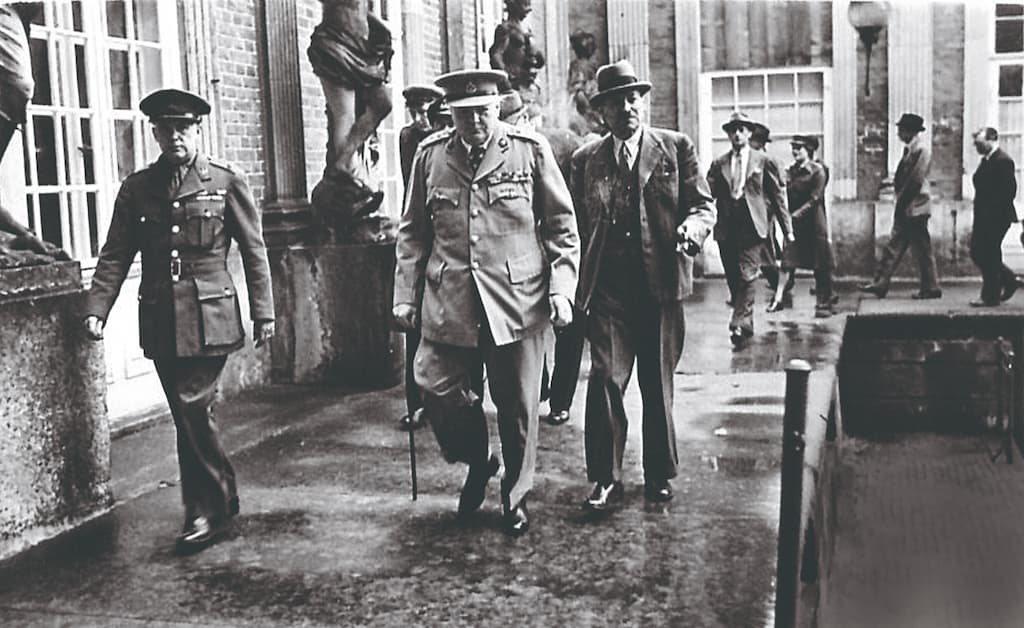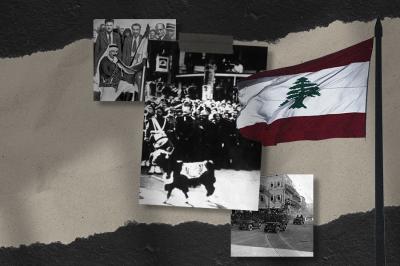On July 5, 1945, an electoral shockwave hits the United Kingdom: Winston Churchill, the hero of World War II, is overwhelmingly rejected by British voters. Just three months earlier, in May, his popularity peaked at 85%. Yet in the general elections, the Labour Party wins a landslide victory. This event still raises questions today: why did the British people so brutally repudiate their wartime leader?
The context is post-war Britain. On July 23, 1945, during the Potsdam Conference bringing together the victorious powers (United States, USSR, United Kingdom), Churchill shares the stage with Clement Attlee, leader of the Labour Party and Deputy Prime Minister in the national unity government. The counting of the British election, held on July 5, was delayed to include the votes of five million soldiers stationed around the world.
The Conservatives expected to lose a few seats but still remain in power. However, the results revealed a political earthquake: Labour won 49.7% of the vote and 393 seats out of 640, compared to 197 for the Conservatives. A gain of 239 seats for Labour — a historic defeat for Churchill. Some witnesses said he cried. In his memoirs, he summarized his dismay with a poignant phrase: "Thus, the power to shape the future was removed from my hands."
How can we explain this rupture between Churchill and the British people? Analysts at the time distinguished between the wartime leader, universally respected, and the politician, much more divisive. Labour ran a modern, dynamic campaign, while the Conservatives leaned solely on Churchill’s image and failed to offer a clear vision for the postwar era.
Churchill himself acknowledged the shortcomings of the Conservative campaign. He noted that many senior Tory officials were still deployed abroad, while Labour leaders, coming from the union movement, had remained in the country and were involved in managing the war economy. This gave them a logistical and strategic advantage.
Yet the main reason for Labour’s victory may lie in the paradox of Churchill’s own war policies. To combat the Nazi threat, the UK adopted collectivist measures that contradicted its liberal tradition: conscription, wage and price controls, rationing, and total population mobilization. These policies profoundly transformed British society. Ten percent of the population was enlisted, regardless of class. Women were included in the war effort, even in technical and military roles.
The economy was overseen by a Ministry of Production. Emergency laws allowed detention without trial, censorship, requisition of goods, and labor regulation. For many Britons, these policies demonstrated the efficiency of a strong, organized state.
While Conservatives wanted a return to pre-war traditional life, Labour saw a chance to build a fairer society. Their 1945 manifesto, Let Us Face the Future, promised to continue wartime reforms in peacetime: housing, education, healthcare, and leisure. The manifesto claimed that victory belonged to the people, not a single man, and warned against the return of Conservative elites, seen as a source of social chaos.
This platform strongly appealed to an electorate tired of deprivation but aware of the effectiveness of collective governance. The war experience had changed people’s mindsets, and Labour's promises deeply resonated with a population seeking social progress. Labour implemented most of its program over the next six years.
This transition marked a turning point in UK history. Even Churchill’s return to power in 1951 did not fully undo the gains made during this time. Only with Margaret Thatcher’s arrival in 1979 did the country begin returning to liberal economic policies.
However, dissenting voices, like Friedrich Hayek in The Road to Serfdom (1944), warned of the dangers of a command economy, potentially leading to dictatorship. George Orwell, in his novel 1984, extended this idea by describing a totalitarian regime not based on Stalinism or fascism, but on a corrupted version of British socialism — Ingsoc.
Ultimately, Churchill’s defeat was not a rejection of the man, but of what he politically represented. The British people, shaped by the war, chose deep social change over political continuity. The man who led the country to victory was pushed aside at the dawn of peace — one of the greatest ironies in modern political history.
Please post your comments on:
[email protected]
 Politics
Politics













